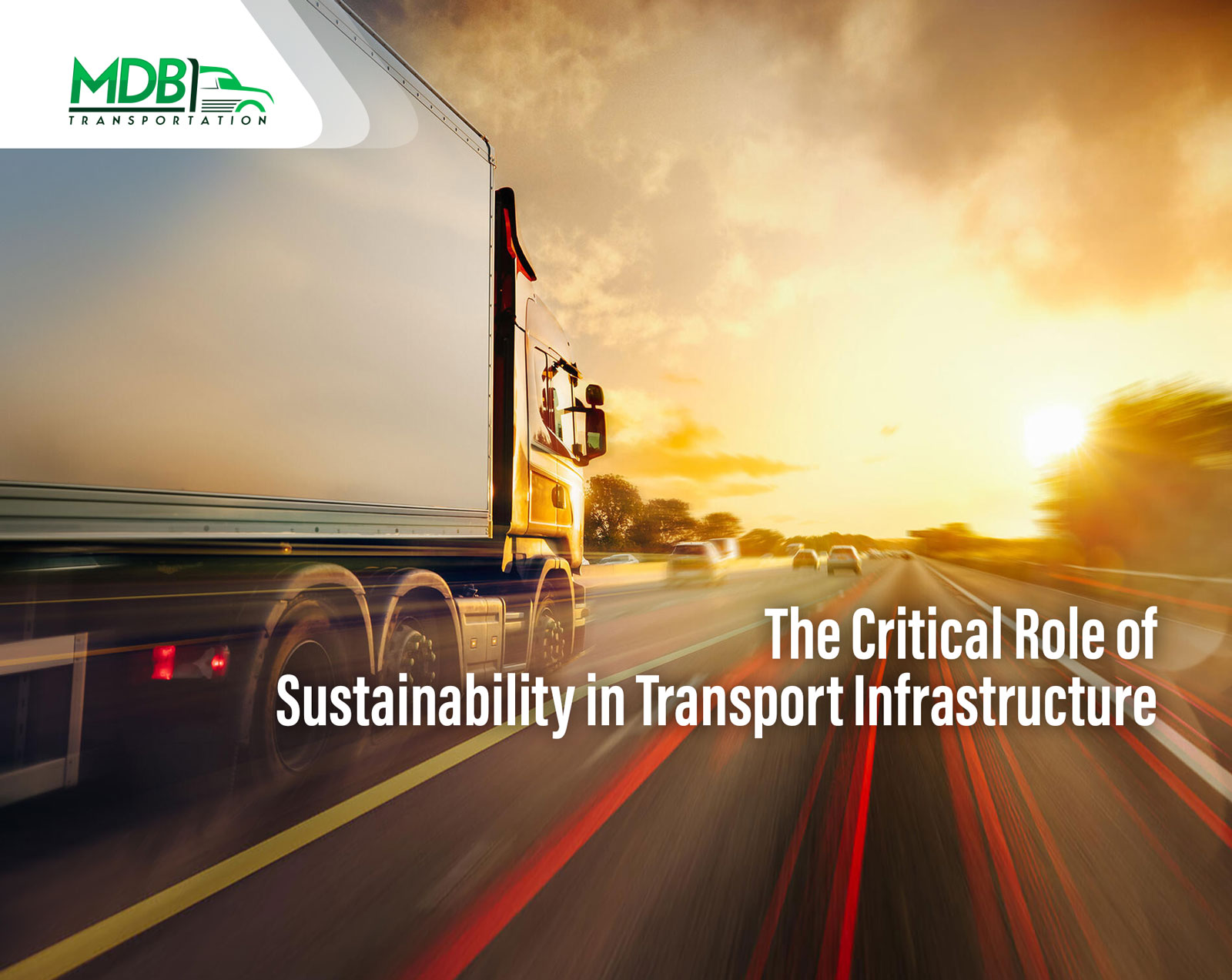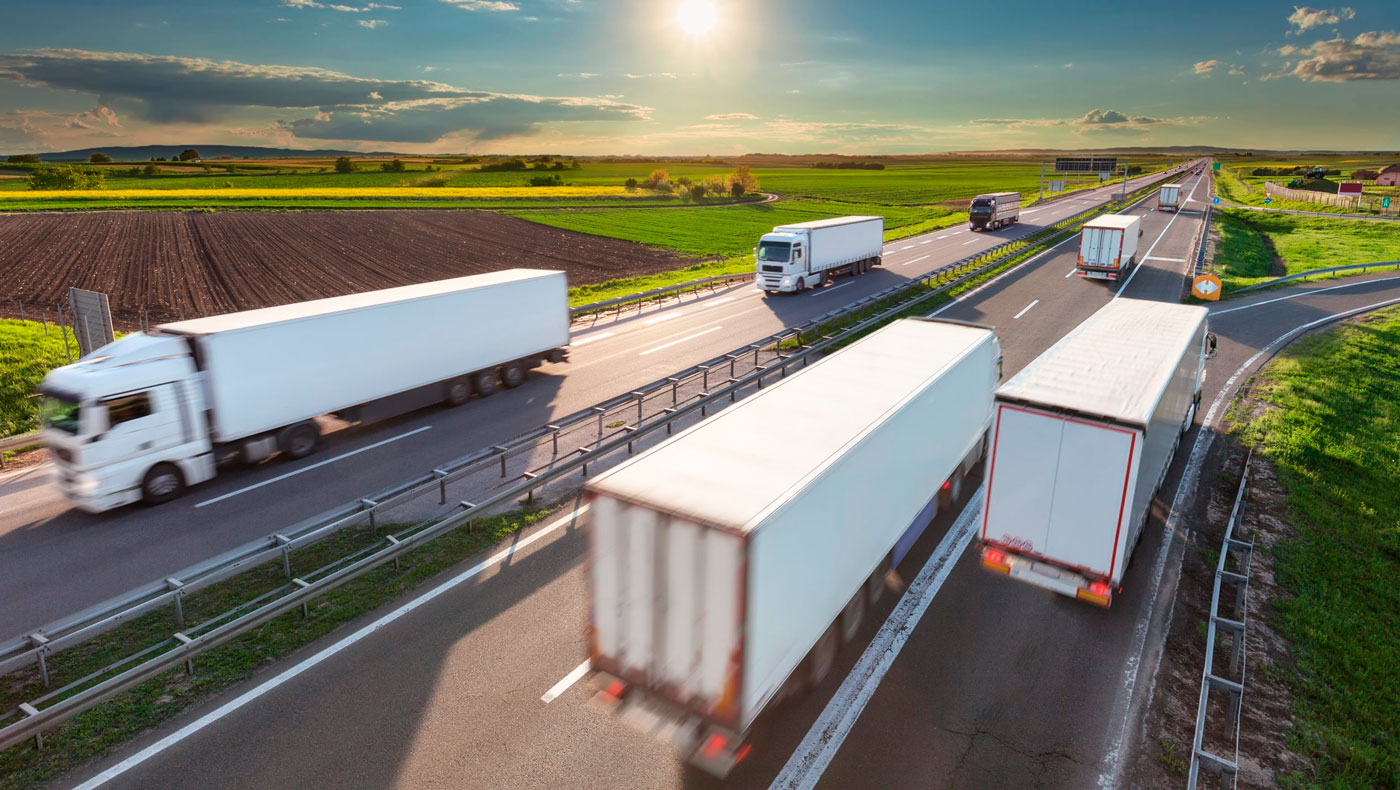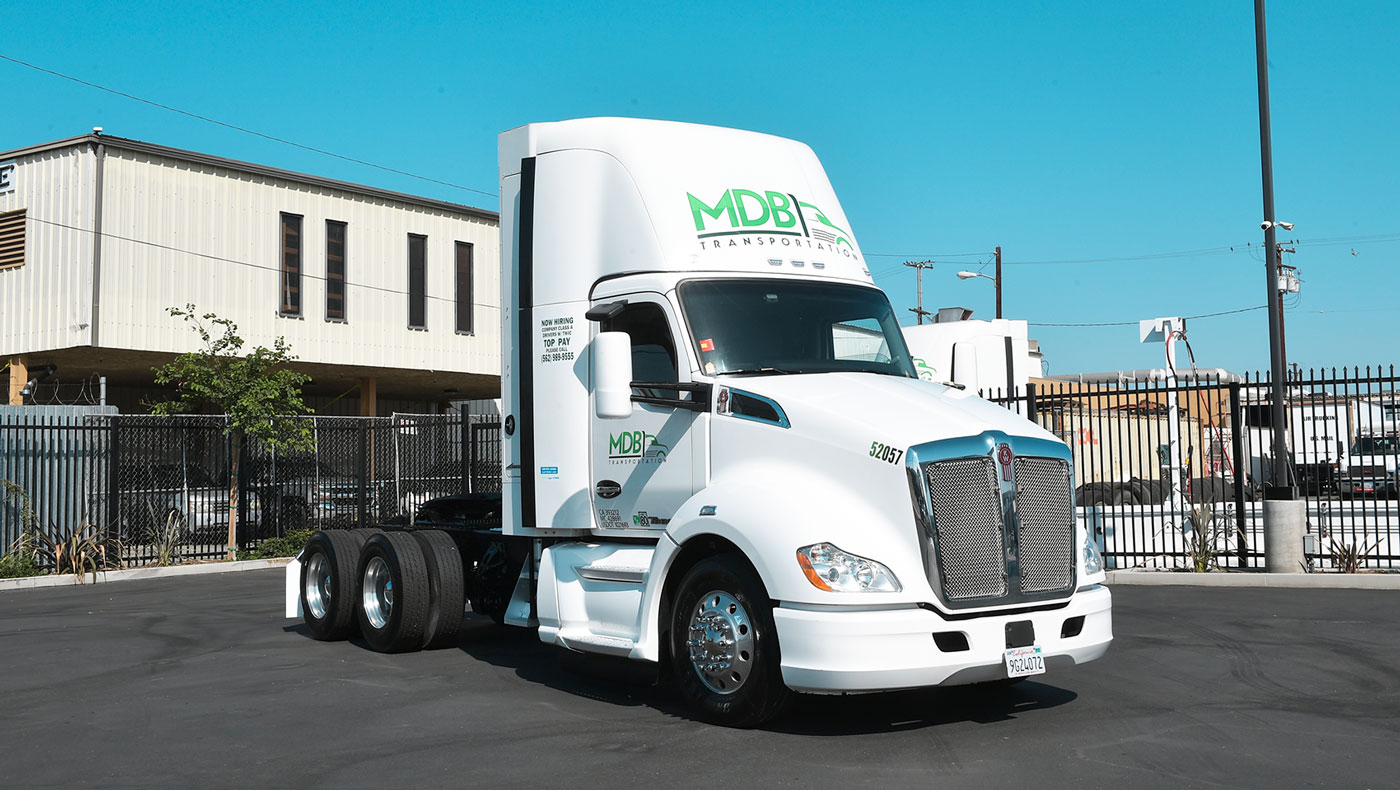
 January 14, 2022
January 14, 2022
We often hear the word sustainability. But do we understand what it really means? Different assumptions regarding its meaning exist among people. Some people may say that it only concerns the environment, while others think it is a social responsibility. Yet the other group of people may assume that it involves a balanced economy. What if all these three groups of people are right? Yes, you have read it right. Sustainability is not just one aspect; its extent is broader and more significant than you think. Being the phenomenon concerning the way natural systems work while staying diverse and balanced, sustainability encompasses three core pillars – environment, economy, and society. Each of these three aspects of sustainability is equally important for the world as people may end up in chaos if just one of those gets deviates from the mission. For you to imagine the level of significance of each core pillar of sustainability, let’s shortly define each.
Environment: Environmental protection concentrates on the framework of ecosystems’ operations, including how people study and protect those. In addition, it focuses on the ways technology contributes to a sustainable and greener future.
Economy: In this case, economic development is directly connected with the maintenance of the quality of life and eligible finances for it. What it does is enable people to do what they want without deteriorating their quality of life or adding to the financial weight.
Society: Social development is all about people, cost-effectiveness, innovation, maintaining the quality of life, and living standards. Its essence lies in ensuring that people feel appreciated as employees, have complete legal protection, and fair treatment from the recruiting company.
Now, as we know what sustainability is and how important it is for maintaining balance in the environment, let’s be considerate of our actions, especially if we own a business.
By the way, do you know which industry is heavily affected by the phenomenon of sustainability but still has the most considerable effect on sustainability that should be monitored? Of course, the trucking industry! These days, every transportation business walks towards sustainable transportation infrastructure to minimize the harm all the operations of these businesses may bring. Especially when we talk about social development and economic development, transportation is challenged the most. Plus, even though COVID-19 seems like a past tragedy for the industry, the post-COVID era has a structural impact on the sustainable development of the transportation infrastructure which slowly gets recovered.

The world has come to a point where it needs to stick to sustainable development instead of reaching the awful threshold. Things that occur on the globe are of destructive nature, including resource scarcity, pollution, socio-economic crisis, etc. As we configured above, sustainability is everything that surrounds us – environment, economy, society. Thus, it is of utmost importance to ensure that the sustainable development of the planet touches upon each aspect of sustainability. Without acting so, the framework of a green future won’t pile up and definitely won’t construct the path to further upgrades.
The framework of sustainable development for these days is comprised of diverse interconnections and disciplines. All the aspects of sustainability – environmental responsibility, economic efficiency, and social equity – should be touched upon. Besides these three aspects, the future generation’s welfare should be accounted for. All types of assets available to humankind should be utilized to accomplish this. These include infrastructures, capital, resources, real estate, and many more!
An essential factor in sustainable development is how governments and businesses would act compared to Corporate Social Responsibility (CSR) standards. In the case of governments, it is crucial for them to become adaptable and flexible for changes, especially regarding strategies. Such a change in the behavior of governments should happen to fulfill the expectations of citizens and be an example for each and every person living in the US. While businesses should align with those CSR standards to the maximum possible extent, all the stakeholders of businesses, including partners, employees, and customers, should see and feel that businesses care for every aspect of sustainability. Especially companies within the transportation industry should be, let’s say, pioneers investing in sustainable development. Yes, the role of sustainability in transport infrastructure and vice-versa is massive!
Transport infrastructure, especially the road transport led by trucking companies is the focus of economic, social, and environmental developments. It is challenging for the industry because it is responsible for:
Even the transportation industry news reports about those.
These numbers are of considerable significance and impact. If the industry doesn’t tackle sustainable development directed towards transportation systems, every action aimed at saving the planet would decrease effectiveness but become costly because of the harm that unsustainable transport brings.
What needs to be conducted is for transportation businesses to think of:
Can you notice the pattern of encompassing all the aspects of sustainability? Yes, that is how everything works in the world with a sustainable future. Let’s look at how these three aspects should be tackled in the transportation industry to make the change happen.

What should be implemented first is comprehending how the transportation industry impacts the physical environment and vice versa. Plus, how sustainable business practices of this particular industry affect environmental issues. The number one thing that we all should consider is that environmental protection as a perspective on sustainability in transport infrastructure requires consistency. If a trucking company starts choosing sustainability, it should stick to it for good. Plus, the impact of the transport infrastructure, especially road transport, on the environment is two-sided:
To understand how socio-economic advantages like an increase in mobility demands can be maintained while removing environmental hazards, let’s see what the impacts of transportation on sustainability are. First, it can be noticed without even being a professional in environmental studies – transportation causes noise and air pollutants which directly harm the environment. Second, the help of professionals is needed as the problem is within the internal combustion engine – the incomplete engine has the potential of causing cardiovascular and respiratory problems. This is considered an indirect impact, but its consequences are more severe than the one classified as a direct impact. The third and biggest cumulative (both direct and indirect) impact is climate change. It gets constructed from minor direct and indirect impacts, which, when met, cause the biggest environmental hazard for the planet and humanity.
All transportation companies need to follow all the established environmental policies and create a sustainable business model with ethical norms to protect the environment. For instance, the National Environmental Policy Act (NEPA), alongside the Clean Air Act, should be closely explored by each company and followed upon. Other than that, companies should individually measure the level of contribution to environmental protection or damage based on analysis of the inputs proportional to outputs of company operations. Plus, each transportation company should measure the scale of impact of its operations, i.e., local, global, continental, etc. Also, there should be an excellent push for decarbonization to achieve the sustainable development we all aim for.
Second, cost-effectiveness, innovation, and adaptability to changing consumer demands should be accounted for to orient sustainable development progress. To explain how important the transportation industry is for economic development, just keep in mind that the whole economy relies on transportation. Literally. No matter if it is a tech company, grocery and retail stores, oil and gas, or any other, they need transportation to function. For them, transportation links the consumer and their offered product. The operations system will be broken without the transportation industry. To keep the economy growing and constantly be a part of economic development, transportation companies need to be cost-effective, innovative and improve adaptability to changing consumer demands. They should be reactive to change to maintain profit and still satisfy customers. Developing a sustainable business model will definitely help as it is all about cost-effectiveness, innovation, and adaptability to change.
Third, it should be configured how everything should be constructed to uplift quality of life and standards of living. As it is mentioned by the UN Secretary-General’s High-Level Advisory Group on Sustainable Transport, “Transport is not an end in itself but rather a means allowing people to access what they need: jobs, markets and goods, social interaction, education, and a full range of other services contributing to healthy and fulfilled lives.” This is all about the quality of life and standards of living. To add value to the social progress in sustainable development, transportation companies should focus on perfecting every aspect connected with their internal and external stakeholders. For partner companies, business offers and agreements should be crafted on fair terms with consideration of the company culture, needs, wants, and aspirations. Satisfying customer needs and going beyond customer expectations should be a priority for individual consumers. Transportation companies should provide promotional offers like packages for loyal customers, first-time offers, etc., to make an impression and make customers feel that each of them is a valuable asset at that particular transportation company. For employees, companies should develop employee appraisal practices, efficient recruitment processes, and an effective management system to keep employees emotionally satisfied with a feeling of order within an outstanding company culture.

To explain how the framework of sustainability in transport infrastructure should be, illustrating one of the best trucking companies in the transportation industry, MDB Transportation, is necessary. How this company operates, what it nurtures to its partners, customers, and employees, and how it develops its company culture are all aligned with Corporate Social Responsibility (CSR) standards and requirements for sustainable development. Plus, MDB Transportation clearly aligns with its official representation on the company website about having the best team of logistics professionals, resourcefulness, on-time service delivery, quality, and most importantly, commitment to sustainability.
The framework that this company crafted is a chain of interconnected factors that create the fundament for sustainable development. Environmental-wise, the company operation has the same sustainable value as eliminating 169 metric tons of GHG emissions, planting 12,082 trees, and removing 100 cars off the road. Regarding the economy, MDB transportation is a leader in integrating cutting-edge technology into its operations. Plus, it has a team of logistics professionals delivering excellence in service, no matter what. What’s more, it has at least 20 satisfied customers with diverse price packages yet with the best fleet available in the region. Socially, MDB has outstanding employee appraisal practices, professional recruitment procedures, the proper management style, individualized agreement terms for partners, and many more that add to the quality of life and standards of living of every stakeholder engaged in the business, including employees, partners, customers, etc. The most important thing is that all the company stakeholders feel appreciated and respected.
These days sustainability is crucial for the whole world. Everyone signifies each aspect of the three – environment, economy, and society. Especially, businesses like transportation companies ensure that each of three aspects aligns with sustainable development and CSR standards to maintain reputation and have a stake in the world’s sustainable development like MDB Transportation. Of course, sustainability is a remedy for the situation humanity created for the planet. However, everyone – people, businesses, governments – should be mindful of their actions to be a part of the development rather than against it.